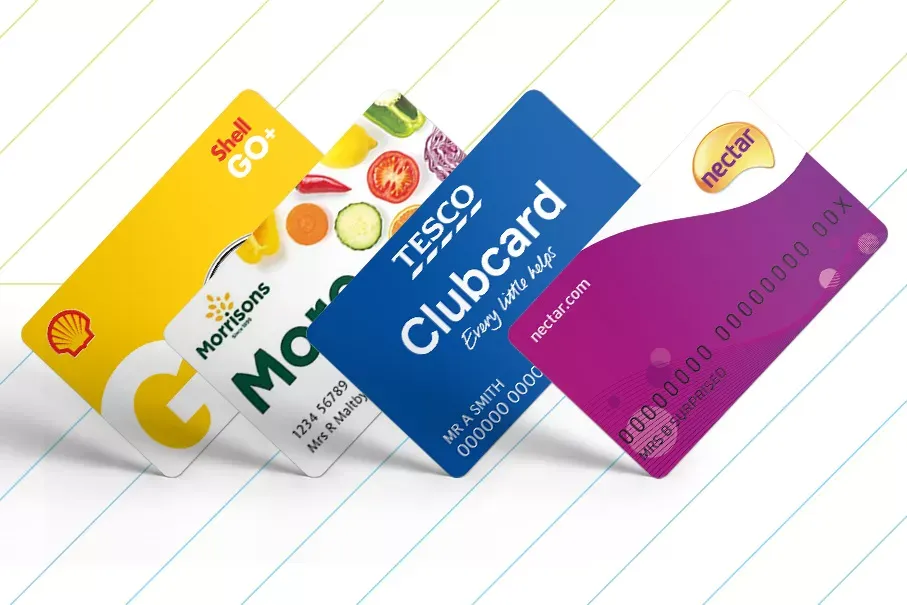
Anyone can get distracted. It’s so easily done, especially when you’re driving long distances regularly. Sometimes even the most conscientious of drivers can get side tracked. We investigate five ways of avoiding distraction while driving.
Regular breaks
It might sound simple, but just planning in regular rest stops dramatically decreases your risk of a tiredness related accident and stops you getting distracted at the wheel. The highway code recommends a break of at least 15 minutes every two hours.
The advantage of a planned break is taking the opportunity to stretch your legs, to change position, to avoid cramp and to stretch muscles. It’s also a chance to have some food and drink refreshment. Most importantly it is a crucial moment to rest the mind from the monotony and stress of the road.
Breaks from driving are something we all probably agree with in principle, however putting scheduled stops into practice is easier said than done, especially with tight deadlines, clients and fleet managers all to please. As a company it is vital that employers recognise the importance of rest and avoiding distraction.
Climate control
According to a study performed in 2006 by Helsinki University of Technology and the Lawrence Berkeley National Laboratory performance increases with temperature up to 21-22 Celsius. The highest productivity is at a temperature of around 22 Celsius. This specifically referred to office temperatures. However, for many drivers their vehicle is their office.
By regulating the heat of your vehicle, it is possible to better avoid distraction. When the body becomes too warm it can often become tired and lethargic, which is the last thing you want when you’re driving. Equally being too cold sends the body into survival mode. People shiver to generate heat. Their mind is then focused on warming up, rather than on the road.
Maintaining a comfortable balance allows the mind to stay focused on the road and the vehicle’s surroundings rather than on personal climate management. This in turn ensures that the driver doesn’t get distracted.
Passenger guidelines
It can be great having company in the vehicle, especially if you’re used to regularly travelling or working alone. However, having other people in the vehicle can also be a huge distraction. An in-depth conversation, an argument or just a chance remark can throw your concentration off and distract you from the road.
To ask a passenger to not talk at all throughout a long journey, is both unrealistic and a bit rude! However, you can legitimately let them know during periods where heightened concentration is really required. This could be at a part of the journey where the driver may be unfamiliar with the road layout or when traffic management is required.
It’s just about being sensible and ensuring that whoever is travelling with you is adding value to your day, rather than perhaps making your job more challenging by distracting you.
On-board equipment
Sat navs, mobile phone holders and dashcams are now common place in vehicles across the country. They assist us with finding our way to new destinations, help us to keep in touch with key contacts and ensure that our actions on the road are accurately recorded. However, they can also be a big distraction.
Not only is setting a sat nav destination or using your phone in the vehicle distracting, it’s also highly illegal. Even just speaking handsfree on the phone, which isn’t illegal, can be hugely distracting for a driver. So how do you avoid the distraction caused by on-board equipment?
Being well prepared is a very good start. Ensuring your destination is accurately entered into the Sat Nav, your mobile phone is connected to the car and dashcam is set to record, prior to setting off, allows you to focus on your journey. However, it’s also important that if anything required adjustment or a phone call requires concentration that you stop and give the equipment the focus it requires, so as not to detract from driving.
Radio usage
Let’s face it the radio often makes a long day on the road or a long journey seem a lot shorter. Whether it’s TalkSport, BBC Radio 2 or one of the wide selection of music channels, radio is a popular driving distraction. It’s also extremely useful in terms of traffic or road congestion updates.
As well as being a driving distraction, some people find that listening to the radio while driving actually helps to focus the mind. When it comes to listening to music this may be the case, however topical debate, podcasts or phone-ins require a degree of focus from the driver on what is being said. Therefore, some focus is removed from driving.
It’s unrealistic to ask people to sit in silence, as this may be just as detrimental as having the radio on, however avoiding too much in-depth debate or programmes requiring significant concentration is probably wise, especially if the driver is on a route that is unfamiliar.


